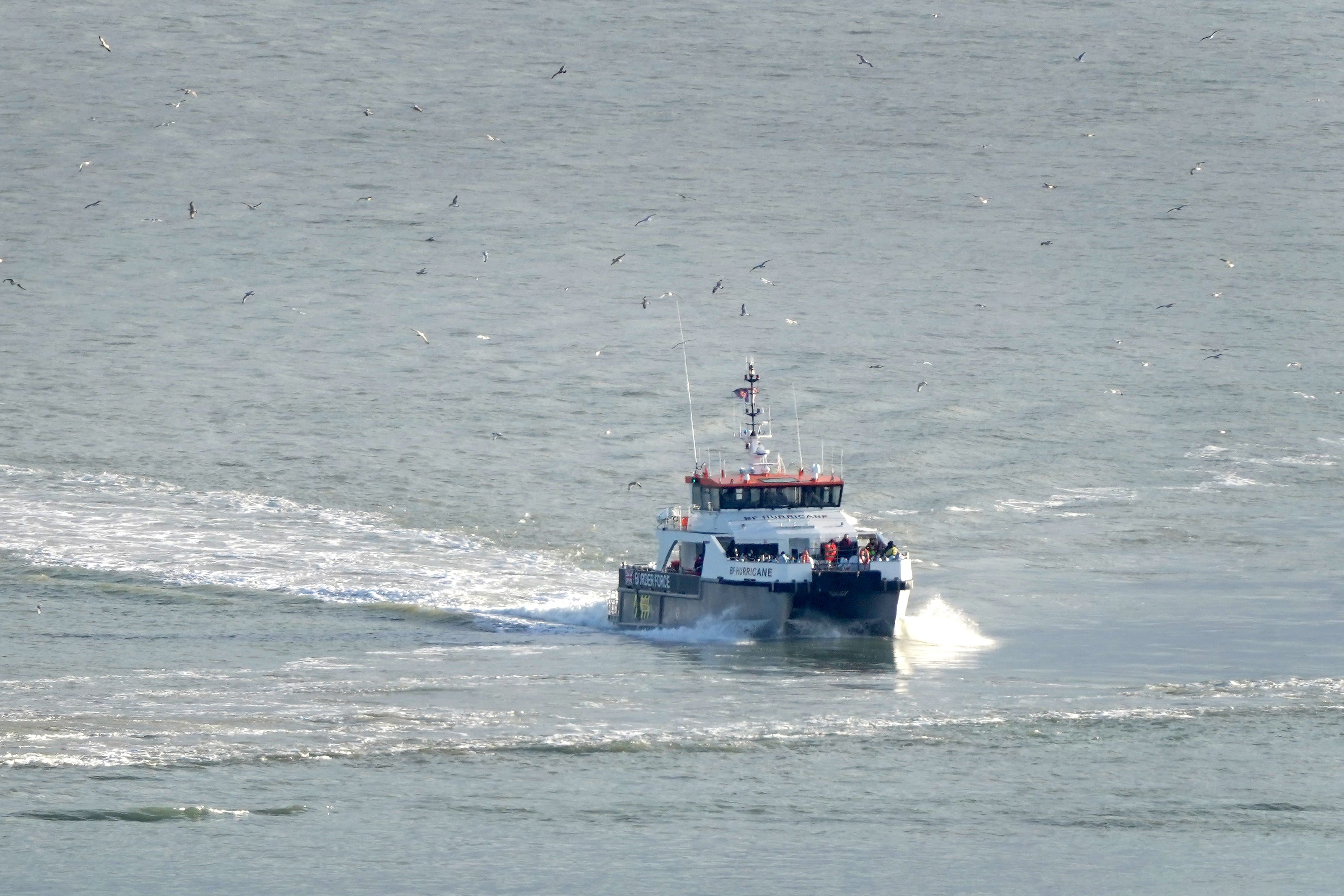Support for refugees in UK cuts aid for disasters overseas, says watchdog
The Independent Commission for Aid Impact says a third of the aid budget goes to asylum seekers and refugees arriving in Britain.

Your support helps us to tell the story
From reproductive rights to climate change to Big Tech, The Independent is on the ground when the story is developing. Whether it's investigating the financials of Elon Musk's pro-Trump PAC or producing our latest documentary, 'The A Word', which shines a light on the American women fighting for reproductive rights, we know how important it is to parse out the facts from the messaging.
At such a critical moment in US history, we need reporters on the ground. Your donation allows us to keep sending journalists to speak to both sides of the story.
The Independent is trusted by Americans across the entire political spectrum. And unlike many other quality news outlets, we choose not to lock Americans out of our reporting and analysis with paywalls. We believe quality journalism should be available to everyone, paid for by those who can afford it.
Your support makes all the difference.A third of Britain’s international aid budget is being spent on supporting refugees and asylum seekers in the UK, reducing support available for overseas disasters, an official watchdog has warned.
The Independent Commission for Aid Impact (ICAI) said while so-called “in-donor refugee costs” have ballooned in recent years, the UK’s response to floods in Pakistan and drought in Somalia has been delayed and “very limited”.
The findings will add to the pressure on the Government to tackle the issue of migrant small boats crossing the Channel and bear down on the backlog in asylum claims.
Under international aid rules, the first year costs of supporting refugees in a donor country can qualify as official development assistance.
This was seen in the limited UK response both to devastating floods in Pakistan and to the worsening drought in the Horn of Africa
The ICAI said while the rule has always been considered controversial, it has become particularly “problematic” in recent years – partially as a result of the large-scale visa schemes for refugees from Ukraine and Afghanistan as well as the upsurge in Channel crossings.
As a result, it estimates that core expenditure on in-donor refugee costs was around £3.5 billion in 2022, accounting for around a third of the UK’s total aid spend that year.
With the overseas aid budget limited to 0.5% of GDP, the ICAI said the UK’s ability to respond to international humanitarian emergencies has been “sharply curtailed” as the Foreign, Commonwealth and Development Office (FCDO) has been forced to pause “non-essential” spending.
“This was seen in the limited UK response both to devastating floods in Pakistan in August 2022, and to the worsening drought in the Horn of Africa, which is expected to lead to widespread famine in 2023,” it said.
The ICAI said the shift in resources away from emergency response to supporting refugees in the UK represented a “significant loss” in the efficiency of aid spending.
There was no incentive for the Home Office to control its spending on in-donor refugee costs as they come from the FCDO budget.
Our valuable aid budget is being squandered as a result of Home Office failure to get on top of asylum application backlogs and keep control of the costs of asylum accommodation and support contracts
Between October 2022 and March this year, the number of hotels used by the Home Office to house asylum seekers and refugees almost doubled from around 200 to 386.
The ICAI said it had heard “a lot of anecdotal” evidence of safeguarding lapses in asylum hotels, particularly for women and girls, who face significant risks of harassment and gender-based violence.
The findings were backed by the chair of the Commons International Development Committee, Sarah Champion, who called on the FCDO to defend the aid budget from “profligate” Home Office spending.
“This review confirms that our valuable aid budget is being squandered as a result of Home Office failure to get on top of asylum application backlogs and keep control of the costs of asylum accommodation and support contracts,” she said.
“It is time for the UK Government to get a grip on Home Office spending of the aid budget so that we can return to the real spirit of aid spending – spending that should promote and target the economic development and welfare of developing countries.”